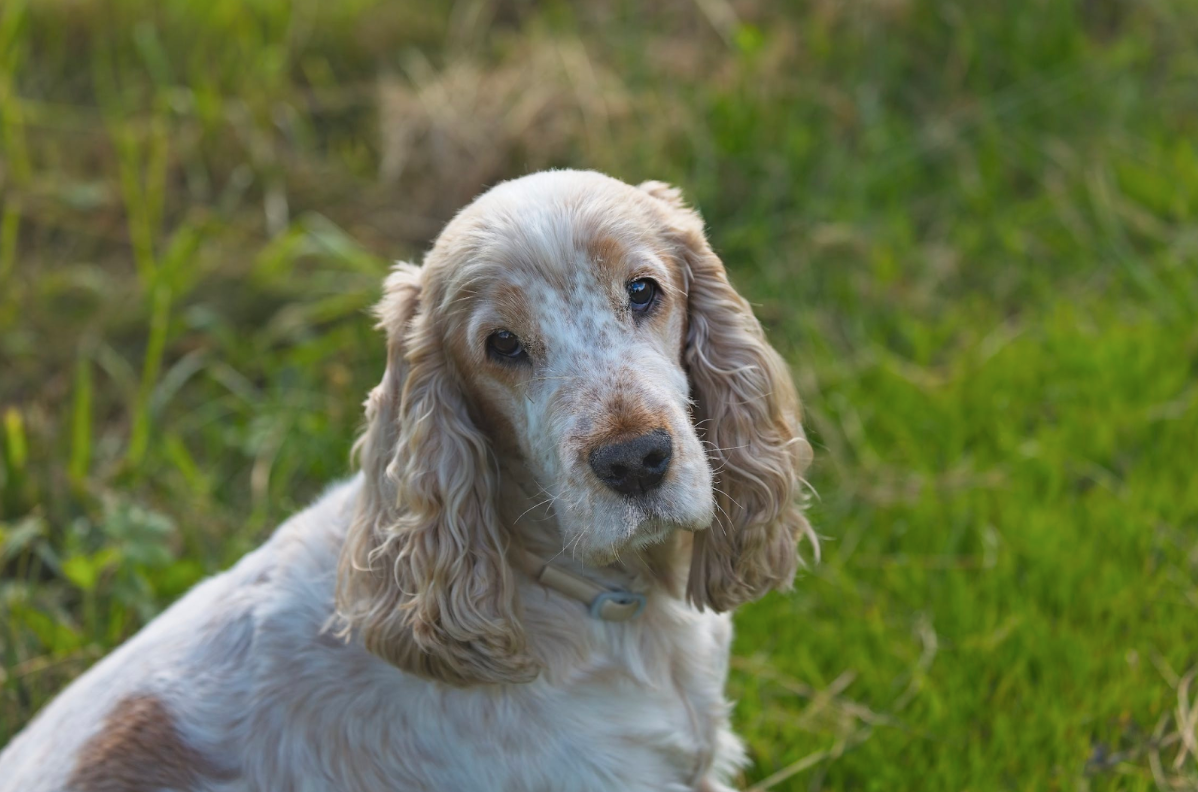Family Pets: What Kind Of Care Do Older Dogs Need?

As our furry friends grow older, their needs change just like ours. Taking care of an older dog requires a bit more attention and love to ensure they have a comfortable and happy life. In this blog post, we will discuss the different needs of older dogs, provide tips for caring for them, talk about what type of food they need, where they should sleep, and much more. So let's dive in and learn how to give our beloved senior pups the care they deserve!
The Different Needs of Older Dogs
As dogs age, they go through various physical and behavioral changes that require unique attention. One of the most noticeable changes in older dogs is a decrease in energy levels. They may not be as eager to play or run around as they used to. This doesn't mean they don't want to spend time with you; it just means activities should be adjusted accordingly.
Older dogs also tend to have weaker immune systems and are more susceptible to illnesses, so regular veterinary check-ups are essential. Additionally, senior pups may develop dental problems that need addressing since poor dental health can lead to other issues such as infections.
Arthritis is another common issue for older dogs which can cause them pain and discomfort when moving around. Paying attention and providing appropriate care for arthritis symptoms will help your dog remain active longer.
Some older dogs can experience cognitive decline which affects their mental processes leading to confusion or disorientation at times. Providing routines can be helpful in these cases making sure they get enough sleep, and plenty of love helps keep them happy overall!
Tips for Caring for an Older Dog
As our furry friends age, they require a different kind of care than when they were younger. Here are some tips to help you ensure your older dog is happy and healthy:
- Regular Vet Checkups
- Adjust Exercise
- Proper Nutrition
- Comfortable Sleeping Area
- Joint Support Supplements
- Mental Stimulation
By following these simple tips, you'll ensure that your elderly dog will remain healthy and happy throughout his/her golden years!
What Type of Food Do They Need
To ensure that your older dog stays healthy and maintains a healthy weight, it's important to choose high-quality senior dog food that is specifically formulated for their needs. These foods typically contain fewer calories than regular adult dog food and are fortified with vitamins and minerals that support joint health and cognitive function.
Another key consideration when choosing a senior dog food is the protein content. While dogs require protein throughout their lives, older dogs may benefit from a higher proportion of animal-based proteins like chicken or fish rather than plant-based sources like soy or wheat.
It's also important to look for ingredients that support digestive health such as probiotics or fiber-rich fruits and vegetables like sweet potatoes or pumpkin. These can help regulate your older dog's digestion, prevent constipation or diarrhea, and promote overall gut health.
Make sure you consult with your veterinarian before making any changes to your older dog's diet. They'll be able to recommend specific brands or formulas based on your pet’s individual needs and medical history. With proper nutrition care along with love & attention from you will keep them happy & healthy!
Where Should Older Dogs Sleep
As dogs age, they may require more comfortable sleeping arrangements than they did when they were younger. So, where should your older dog sleep? There are several factors to consider.
Firstly, it's important to think about any health issues your dog may have. If your senior pup has arthritis or joint pain, a soft and supportive bed is essential. Look for orthopedic beds that offer extra cushioning and support. If you live in Europe, you can easily order an orthopaedic Dog Bed for your canine companion. Another factor to consider is temperature. Older dogs can struggle with regulating their body temperature so ensure the area where they sleep isn't too hot or cold.
Senior dogs also benefit from being close to their owners at night as this helps them feel safe and secure. Consider placing their bed in your bedroom so you're nearby if needed.
Keep in mind that some older dogs may start experiencing bladder control issues which means choosing a washable bed with waterproof lining will make cleaning up accidents much easier.

As our furry friends age, they require specific care to keep them healthy and happy. From regular vet checkups to a nutritious diet, providing the right kind of care is important for their well-being.
Older dogs may not be as active or playful as their younger counterparts, but they still have plenty of love and companionship to offer. By adjusting their routine and lifestyle in accordance with their changing needs, we can continue to enjoy many years of joyful memories together.
So if you're looking after an older dog, remember that patience, understanding, and a little extra TLC are all it takes to ensure your beloved pet remains by your side for many more years to come.






